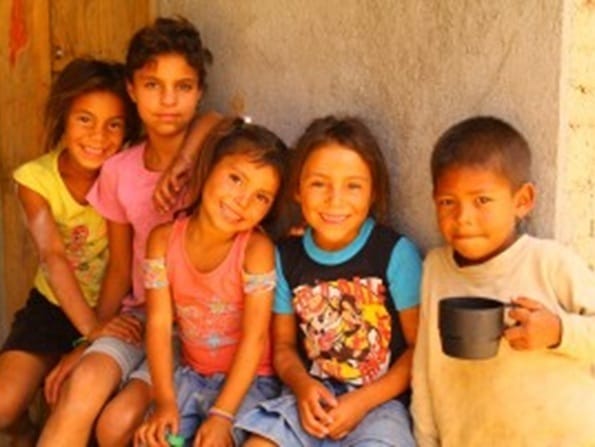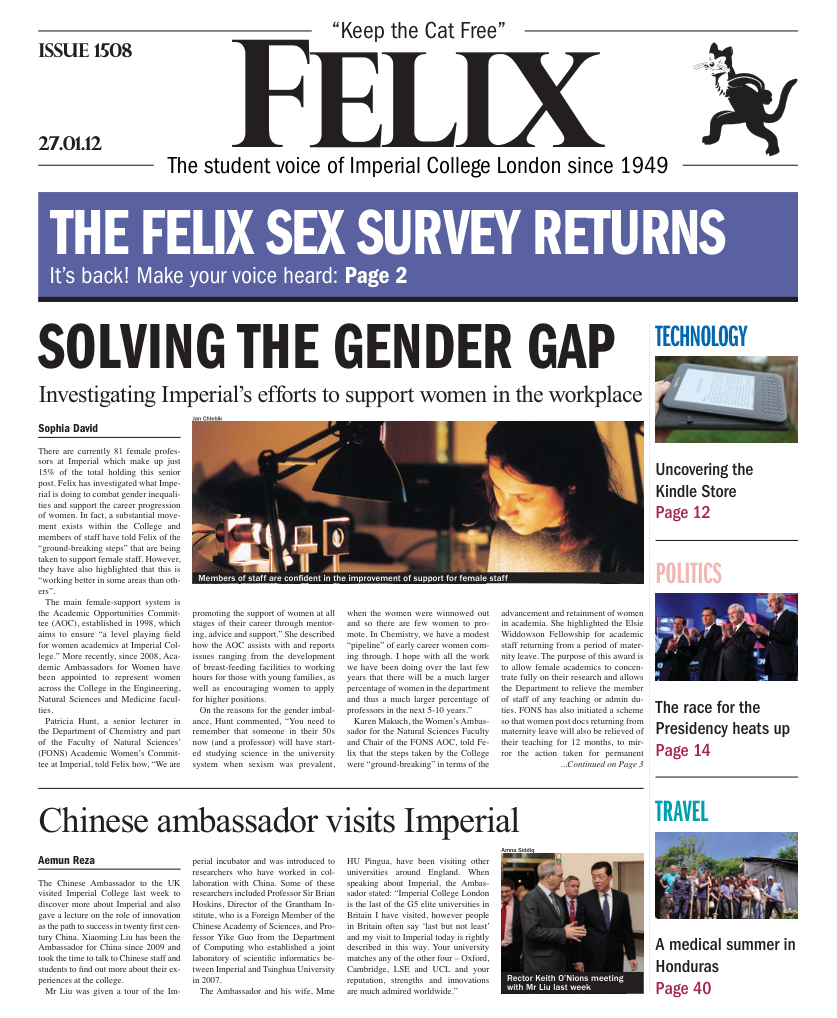Positive social change for Honduras
Re-live Ruby Ramjan’s experience of last year’s Global Brigades

September 1, 2011 was the day that I became a Global Brigader, and 11 am was the time that I looked out onto the beautiful landscape of an undiscovered country and fell in love. I must admit that I joined Global Brigades because I thought it would be a fun summer trip and, undeniably, it was a fun summer trip! However, upon landing in Honduras, I swiftly realised that Global Brigades would be so much more.
The definition of a brigade is “a group of passionate volunteers who mobilise towards positive social change”. Honduran society is rife with corruption, human rights abuse and a despicably huge wealth gap. In other words, the rich are getting richer and the poor are getting poorer, neglected in parts of the country where malnutrition, poor housing and infant diseases are widespread. This is why in 2004 Global Brigades launched in Honduras, as a source of hope for these forgotten communities.
On the first day of our medical brigade, eleven Imperial student volunteers, our brigade leaders, Flaco the driver, the doctors, the dentist, the pharmacists, and Chuck the policeman all travelled to our designated community. We were warmly welcomed with rainbow-coloured balloons and a huge sign saying “Bienvenida!” Most of the community have no access to medical care so, as a team, we brought medical care to them. Over three days, we served 600 patients, promoted public health strategies to the adults of the community, taught the children how to brush their teeth (and handed out toothbrushes and toothpaste!), and distributed £10,000 worth of drugs that we, the Imperial brigade, took to Honduras.
To say that my experience was life-changing...it is an understatement
Nothing warms my heart more than a Honduran child. The afternoon we spent at the Nuevo Paraiso orphanage, affiliated with Global Brigades, was one of my personal favourites. On walking through the gate, three adorable little girls ran up to me, one clutched my skirt, while the other took one hand each. We played skipping rope games and swung on the swings until we were red in the face. Communicating in a mixture of broken Spanish and hand gestures, they introduced me to their friends, their playground and their rooms. Another dimension was added to my passion for Global Brigades when I learnt that some of our Honduran brigade leaders had once been that child at the orphanage clinging onto the gates of their home, waving and blowing kisses as the volunteers would very reluctantly drive back to El Rapaco.
El Rapaco is a magical little condo in the mountains and our Honduran home. Every evening we had siestas in the hammocks, fiestas under the tree, dinner with Spanish music in the background, constant inter-mocking of accents between us and the Americans, and random bursts of Salsa. There are a thousand stories to tell, and while I could happily divulge every detail of my Global Brigades experience, I could never convey the feeling of complete peace and undisputed happiness that I felt in El Rapaco.

I never fully comprehended the meaning of the words “manual labour” until we did the Public Health Brigade. The 11 Imperial students, along with some local community members and masons, built a latrine, a stove, a concrete floor and a pila in one of the houses in the enchanting village of Zurzular. When I was first told we were building a latrine (toilet), I assumed the last one was either not hygienic enough or it was falling apart: the concept of not having a latrine is so foreign to me that it never even crossed my naive mind, but that was indeed the case for this elderly couple. The lady of the house told me that the old stove used to get so hot that her grandchildren have been burnt whilst playing in the kitchen. We built a concrete floor because the plain earth that previously made up the floor of their home was a parasite paradise.
A pila is a water storage tank. Previously, the 80 year old man of the house had to walk for hours to get his hands on some clean water, then bring home as much as he could carry on his long journey back. “In just one week, students and the people from Global Brigades have helped me give my family essential things that I’ve never been able to provide by myself. It was not a gift. I mixed concrete with you, I dug holes with you. We all sweated together and much of my savings has gone into paying my share for these projects. But you were the resource that I’ve never had but have always needed.”
To say that my experience was life-changing sounds like an exaggeration, but it is an understatement. The captivating landscape, siestas, nightly fiestas, bonfires, the warm and welcoming Hondurans, our USA friends, discovering an undiscovered country: the list never exhausts. Was it the gratitude of the hundreds of patients we saw in the Honduran villages? Was it the contentment that goes hand in hand with voluntary work? Was it the satisfaction of getting my hands dirty? Global Brigades gave me a thirst for more voluntary work and reignited in me the call of duty to humanity, a duty that I think we forget too easily. As volunteers, I felt we made a tangible impact to the rural communities we served: I could see the happiness in the faces of the Honduran people around us, I could feel the satisfaction in their warmth towards us and I was certain of their appreciation when I noted their tears as we said goodbye to them for the last time.









